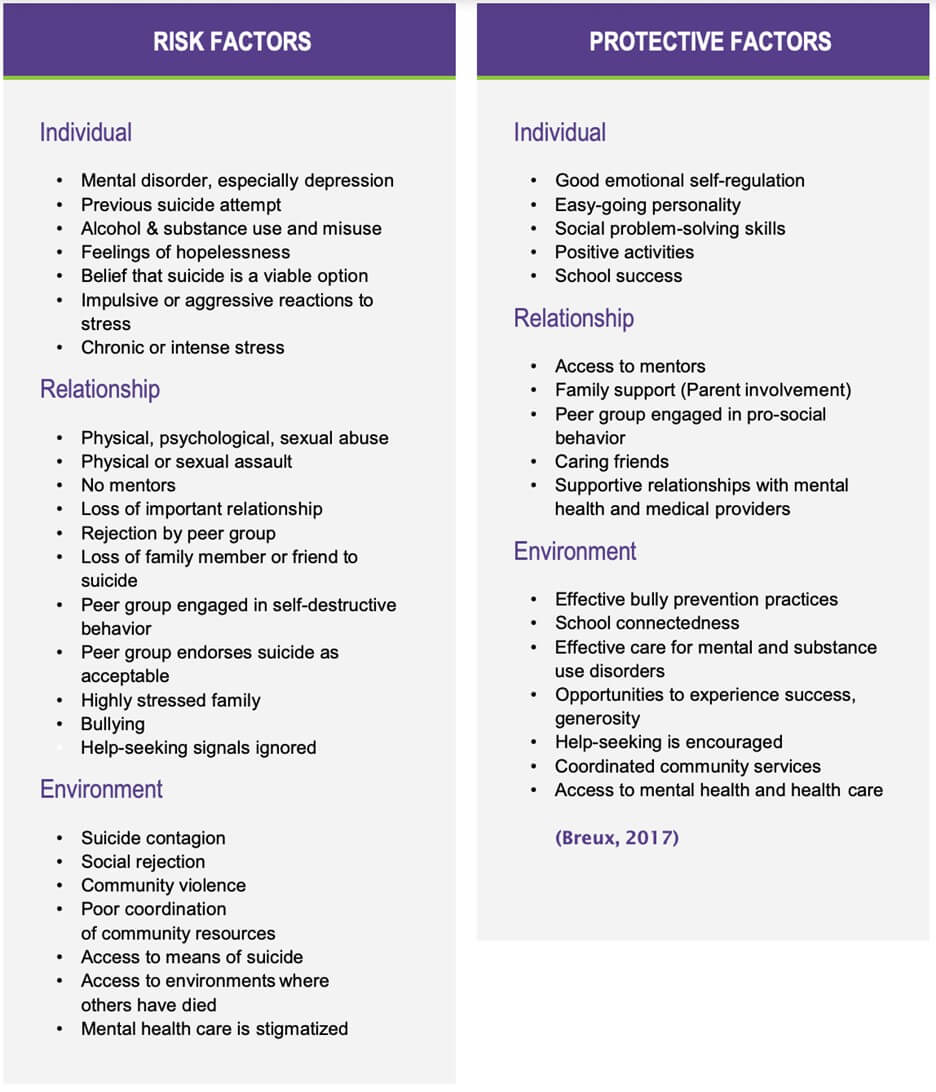A nurse is providing discharge teaching to a client who has bipolar disorder and will be discharged with a prescription for lithium. The nurse could teach the client which of the following factors puts her at risk for lithium toxicity?
A client runs 4 miles outdoors every afternoon.
The client eats 2 to 3 gm of sodium-containing foods daily.
The client drinks 2 liters of liquids daily.
The client eats foods high in tyramine.
The Correct Answer is A
A. Lithium is excreted through the kidneys, and dehydration and sodium depletion increase the risk of lithium toxicity. A client who runs 4 miles outdoors every afternoon is at risk of excessive sweating and fluid loss, which can lead to dehydration and sodium depletion. This reduces lithium excretion, leading to toxic levels in the blood.
B. A normal sodium intake helps maintain lithium balance. A low sodium intake increases lithium retention, but 2-3 grams/day is within the normal recommended range.
C. Adequate hydration helps prevent lithium toxicity. Clients on lithium should drink 2–3 liters of fluid daily to promote kidney function and lithium excretion.
D. Tyramine-rich foods (e.g., aged cheese, cured meats) are a concern for clients on monoamine oxidase inhibitors (MAOIs), not lithium. Tyramine does not affect lithium levels.
Nursing Test Bank
Naxlex Comprehensive Predictor Exams
Related Questions
Correct Answer is D
No explanation
Correct Answer is ["C","D","E"]
Explanation
A. Female gender: Incorrect
While the risk of attempted suicide is generally higher in females, completed suicide rates are higher in males. Therefore, being female is not typically considered a primary risk factor for suicide,though it's important to note that both genders require attention for prevention.
B. Currently married: Incorrect
Being married is generally considered a protective factor against suicide. Social support and close relationships tend to reduce the risk of suicidal behavior.
C. Age greater than 45 years old: correct
Suicide risk tends to increase with age, particularly for men. Individuals over 45, especially those facing chronic illness, social isolation, or significant life changes, are at higher risk.
D. Substance use disorder: Correct
Substance use disorder is a significant risk factor for suicide. Substance abuse can contribute to feelings of hopelessness and despair, impair judgment, and lower inhibitions, increasing the likelihood of suicidal behavior.
E. Schizophrenia: Correct
Schizophrenia is a mental disorder associated with an increased risk of suicide. The symptoms of schizophrenia, such as hallucinations, delusions, and feelings of isolation, can contribute to severe distress and increase the risk of suicidal ideation and behaviors.

Whether you are a student looking to ace your exams or a practicing nurse seeking to enhance your expertise , our nursing education contents will empower you with the confidence and competence to make a difference in the lives of patients and become a respected leader in the healthcare field.
Visit Naxlex, invest in your future and unlock endless possibilities with our unparalleled nursing education contents today
Report Wrong Answer on the Current Question
Do you disagree with the answer? If yes, what is your expected answer? Explain.
Kindly be descriptive with the issue you are facing.
